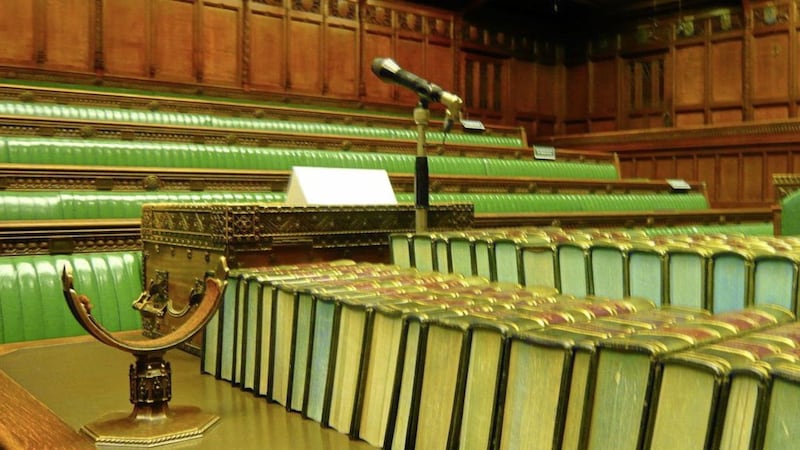The head of the Catholic Church in Ireland has said the recently published Kenova report highlights the ongoing “lack of disclosure about murder” which is causing heartache for families of Troubles victims including the disappeared.
Archbishop Eamon Martin spoke out during Sunday’s annual Mass for the Families of the Disappeared in St Patrick’s Cathedral in Armagh.
He referred to the interim report on Operation Kenova, which was published earlier this month and focussed on the activities of the British agent known as Stakeknife, who infiltrated the IRA’s notorious Internal Security Unit that hunted out informers.

The operation of the agent, who was named in 2003 as west Belfast man Freddie Scappaticci, was said to have resulted in “more lives being lost than saved”, report author Jon Boutcher - now the PSNI chief constable - said.
Speaking at Sunday’s service, Archbishop Martin, the Primate of All Ireland, said the report “highlights the failure to properly acknowledge the hurt inflicted on families during the Troubles and the lack of disclosure about murder which wouldn’t be tolerated anywhere else”.
To date, the remains of 13 of the Disappeared - those abducted and murdered by paramilitaries - have been recovered with the assistance of the Independent Commission for the Location of Victims’ Remains (ICLVR).
- Kenova report indictment of Britain’s ‘dirty war on this island’, MLAs toldOpens in new window
- Operation Kenova: Three suspects other than Scappaticci died while files were under consideration by PPSOpens in new window
- Family of victim calls for inquiry into how PPS handled Operation Kenova Stakeknife filesOpens in new window
Addressing the families who attended the mass, Archbishop Martin said: “Jon Boucher makes it clear that families like yours and others who are coping with the legacy of our conflict simply cannot find peace or trust until the truth emerges, and your loss is properly acknowledged.
“Meeting like this, every year, highlights and renews the importance of addressing fully and properly the legacy of our troubled past, and making it clear that we cannot accept the simplistic idea of ‘drawing the line’ under our past. We must continue to seek an investigation and information recovery process which can be fully trusted by victims and survivors and which at least keeps the door open to accountability and the pursuit of justice.
“The fact that Jon Boucher so clearly acknowledges that information about legacy cases has too often been withheld and suppressed, draws attention to your long and painful pursuit of information about precisely where your loved ones were buried - a quest which sadly remains open for some of your families.
“Thankfully, many of you have been able to recover the bodies of your loved ones and give them a Christian burial, but even then it took far too long for that to happen, and indeed some of you still endure the agonising suffering of not having answers.”
He said the ICLVR, which celebrates its 25th anniversary in May, “is one of the positive outcomes of the Belfast Good Friday agreement”, adding: “We are grateful to all who have worked on or with the commission in the painstaking task of finding and returning the bodies of loved ones to their families.”








